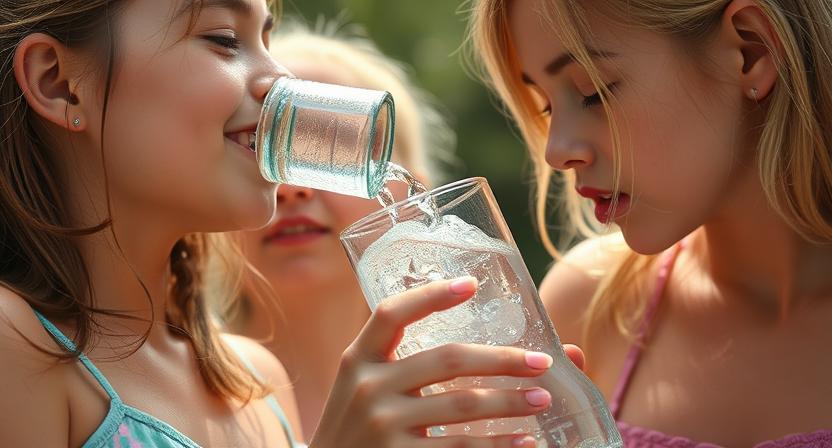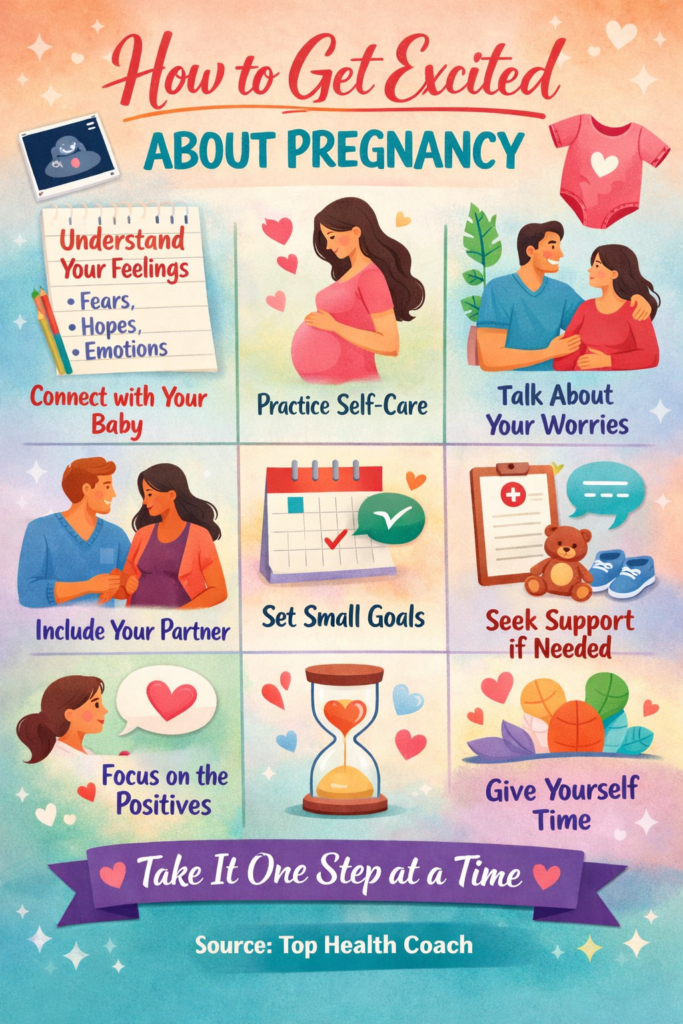Water is essential to life. It makes up around 60% of your body and plays a critical role in nearly every bodily function—from regulating temperature and aiding digestion to transporting nutrients and cushioning joints. Yet, despite its importance, hydration is often misunderstood. You’ve probably heard the rule: “Drink eight 8-ounce glasses a day.” But is that really how much water you need?
Let’s dive into the truth about hydration, how much water you should be drinking, and what factors influence your personal needs.

Why Is Hydration So Important?
Water is more than just a thirst quencher. It’s vital for:
- Regulating body temperature
- Transporting nutrients and oxygen
- Supporting metabolism
- Eliminating waste through urine and sweat
- Lubricating joints
- Protecting organs and tissues
- Promoting healthy skin and energy levels
Even mild dehydration can lead to fatigue, headaches, and reduced concentration.
The “8×8” Rule: Myth or Magic?
The commonly cited “8×8” rule—eight 8-ounce glasses (about 2 liters) of water per day—is a simple guideline. While it’s not scientifically inaccurate, it’s also not one-size-fits-all. This recommendation originated from a 1945 Food and Nutrition Board report suggesting adults need about 2.5 liters of water daily—but it also mentioned that much of this could come from food, which is often overlooked.
In reality, hydration needs vary based on several factors.
What Influences Your Hydration Needs?
- Age: Older adults may have a diminished sense of thirst.
- Body size and weight: Larger individuals generally need more water.
- Activity level: You lose water through sweat; the more active you are, the more you need.
- Climate: Hot and humid environments increase water loss.
- Health conditions: Fever, diarrhea, vomiting, or chronic illness can all affect hydration.
- Diet: High-protein, high-fiber, or salty diets increase your fluid needs.
- Pregnancy or breastfeeding: Increases fluid demand to support fetal and maternal health.
How to Calculate Your Water Needs
While there’s no perfect formula, a more individualized approach can help:
- General Rule: Drink 30–35 ml of water per kg of body weight.
Example: If you weigh 70 kg (154 lbs), you should drink roughly 2.1–2.4 liters of water daily. - Urine Color Test: Pale yellow urine usually indicates good hydration. Dark yellow or amber? You might be dehydrated.
Can You Drink Too Much Water?
Yes—overhydration is a real (though less common) issue called hyponatremia, where excessive water dilutes blood sodium levels. It’s more common among endurance athletes or those who drink excessive water in short periods. Symptoms include confusion, nausea, and in severe cases, seizures.
Do Other Fluids Count?
Absolutely. Water from beverages like herbal teas, milk, and even coffee contributes to your hydration. Despite its diuretic effect, moderate caffeine intake does not significantly dehydrate you. Fruits and vegetables—like watermelon, cucumber, oranges, and strawberries—also provide a decent water boost.
Signs You Might Be Dehydrated
- Dry mouth and lips
- Dark yellow urine
- Headaches
- Dizziness or light-headedness
- Fatigue
- Dry skin
- Constipation
- Muscle cramps
If you’re experiencing several of these symptoms, it’s time to increase your water intake.
Hydration Tips for Daily Life
- Start your day with a glass of water
- Carry a reusable water bottle
- Set hourly reminders if you forget to drink
- Drink a glass before each meal
- Choose water-rich foods like fruits and vegetables
- Limit sugary drinks and alcohol
- Adjust intake for exercise or hot weather
Debunking Hydration Myths
- Myth: You must drink 8 glasses a day
Truth: Needs vary; it’s a general guideline. - Myth: Thirst is the only sign of dehydration
Truth: Many people are mildly dehydrated before they feel thirsty. - Myth: Only water hydrates
Truth: Many fluids and water-rich foods contribute to hydration.
20 Frequently Asked Questions (FAQs) About Hydration
- How much water should I drink per day?
Most adults need 2–3 liters daily, depending on weight, activity, and climate. - Is coffee dehydrating?
In moderation, no. It contributes to hydration. - Can I drink too much water?
Yes. Overhydration can lead to hyponatremia. - How do I know if I’m dehydrated?
Check urine color—pale yellow is ideal. Also look for dry mouth, fatigue, or headaches. - Do I need more water when I exercise?
Yes. Increase intake based on sweat loss and intensity. - Does water help with weight loss?
Drinking water before meals may reduce appetite and support metabolism. - Do I still need 8 glasses if I eat fruits and vegetables?
No. Water-rich foods contribute to your hydration total. - Is sparkling water as hydrating as still water?
Yes. It counts toward your daily water intake. - What’s the best time to drink water?
Spread intake throughout the day. Start in the morning, before meals, and post-exercise. - Can dehydration cause bad breath?
Yes. Dry mouth allows odor-causing bacteria to thrive. - Is it okay to drink water during meals?
Yes. It aids digestion and helps prevent overeating. - Do I need electrolyte drinks daily?
Not unless you’re sweating excessively or have a medical condition. - Does alcohol dehydrate you?
Yes. Alcohol is a diuretic and increases water loss. - Can dehydration affect mood or focus?
Yes. Even mild dehydration can impact brain function. - Is thirst a reliable signal?
Not always. Some people, especially older adults, may not feel thirsty when they need water. - Can I rely on apps to track water intake?
Yes. Hydration tracker apps can be helpful reminders. - Does the temperature of the water matter?
No. Cold, warm, or room temperature—whatever helps you drink more is fine. - Is bottled water better than tap?
Not necessarily. Tap water in most areas is safe and regulated. - Can dehydration cause muscle cramps?
Yes. Lack of fluids and electrolytes can lead to cramps. - How can I encourage kids to drink more water?
Use fun cups, offer flavored or infused water, and model the habit yourself.
Final Thoughts
Staying properly hydrated doesn’t require obsessing over water bottles all day. Listen to your body, monitor your thirst and urine color, and adjust for activity, climate, and diet. While the “8×8 rule” is a helpful starting point, your personal hydration needs are unique—and likely higher or lower depending on your lifestyle.
Remember: Water fuels your body, clears your mind, and energizes your day. Stay hydrated, stay healthy.



